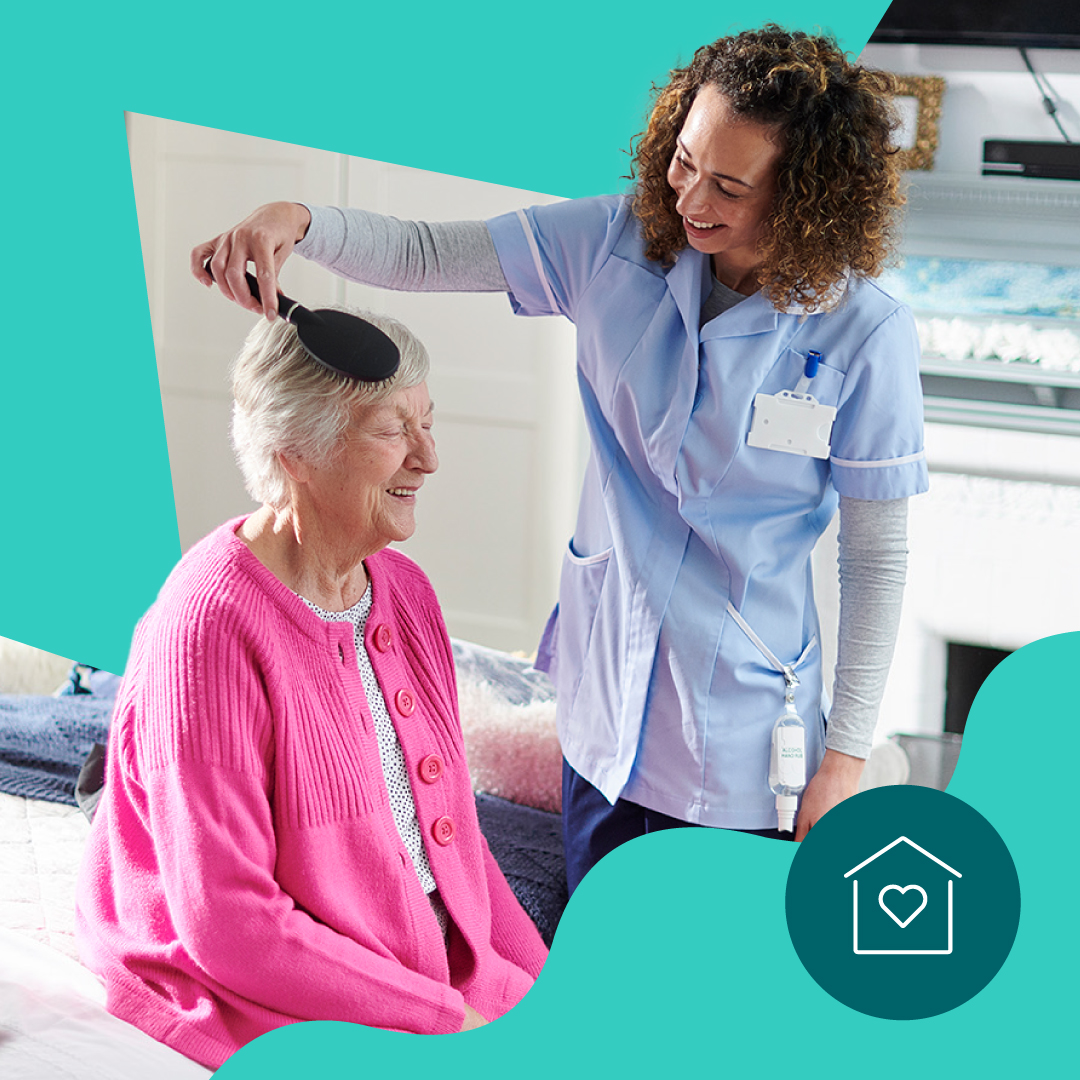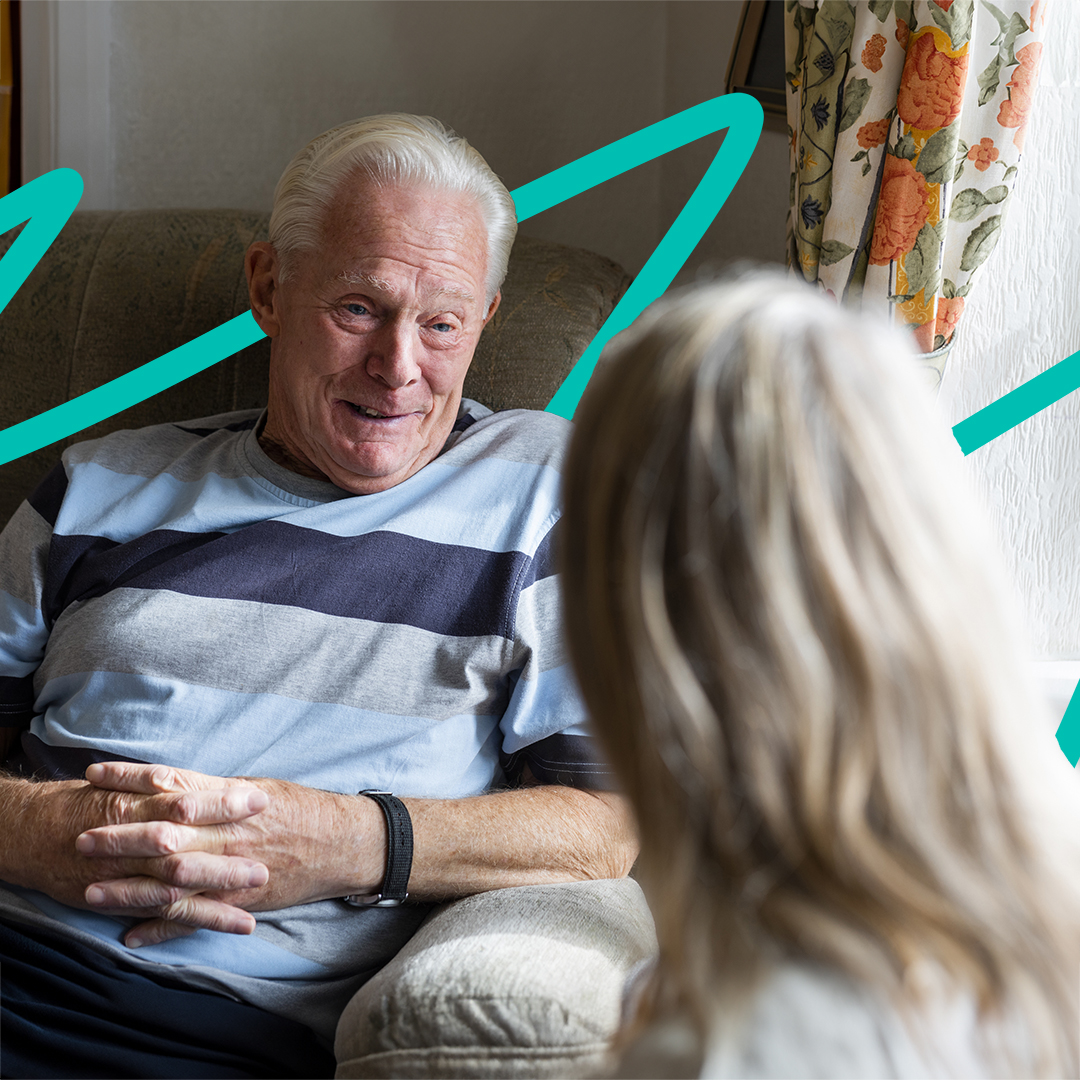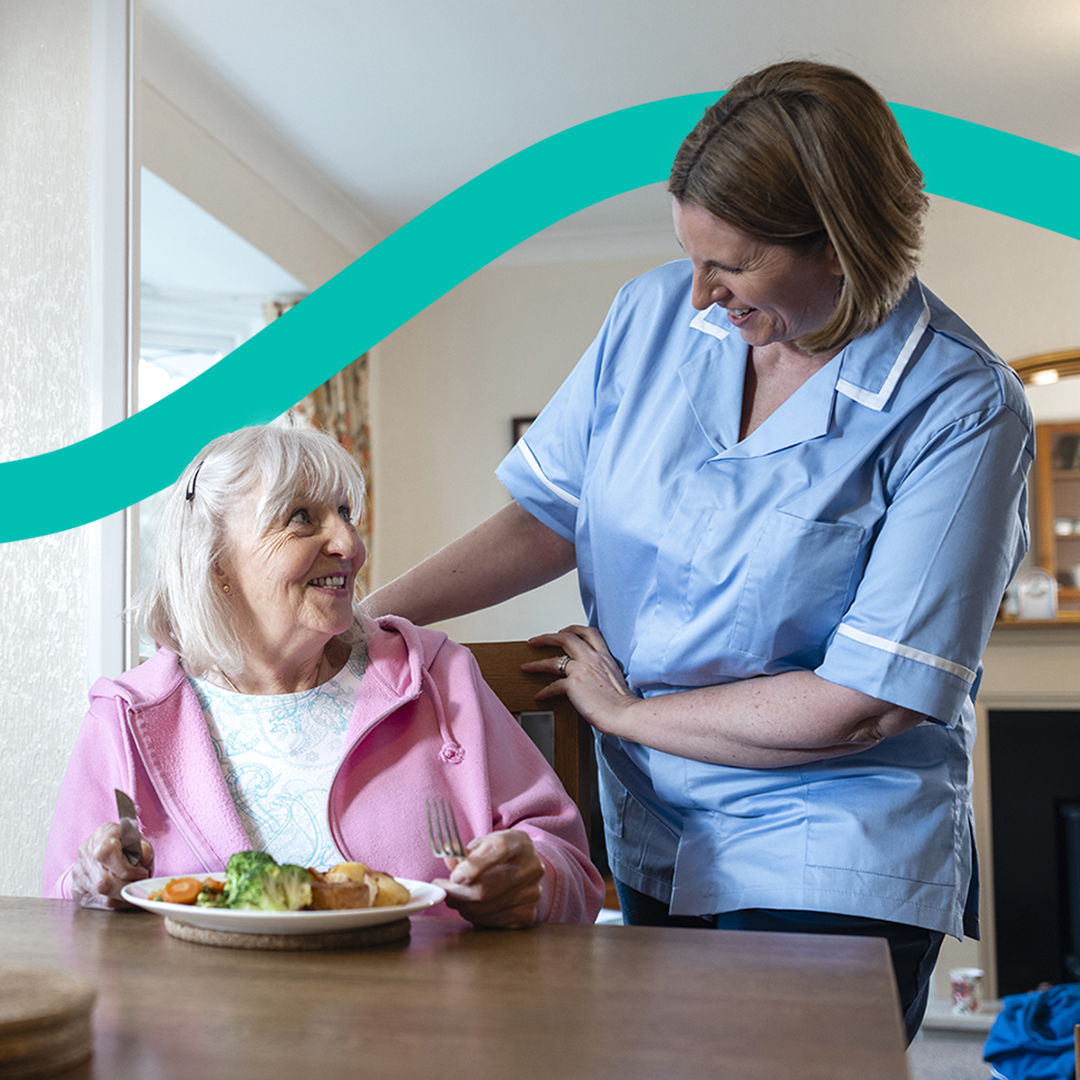At a time when hospitals and healthcare services, like the NHS, have a backlog of over 7 million people and are understaffed and overwhelmed, prevention of hospitalisation is important for both patients and staff. Identifying potential issues early, before they worsen, improves the experience and outcome of any necessary treatments.
Part of the solution for decreasing hospitalisation is home care services, which allow more people to receive care from the comfort of their own homes and ease the strain on hospitals and healthcare systems. CareLineLive aims to better home care management, improving performance and providing better care through its innovative technology.
Home-based prevention
Preventive healthcare begins at home, where individuals have the opportunity to take care of themselves in a familiar environment. This includes taking steps to improve their physical and mental wellbeing and manage any existing health conditions. By implementing preventive measures such as a healthy diet, regular exercise, and medication management, individuals can reduce their risk of developing chronic illnesses or experiencing a health crisis.
Home care services can provide support to individuals who require assistance with daily living activities, such as bathing, dressing, having good nutrition and medication management. CareLineLive’s software provides an easy and efficient way to add tasks, intakes, and updates, while keeping everyone in the circle of care informed.
Person-centred care
Preventive healthcare not only improves the health outcomes of individuals but also leads to more responsive and person-centred care. By identifying potential health issues early, home care providers can develop care plans that are tailored to the individual’s needs and preferences. This approach can result in better health outcomes, increased client satisfaction, and more efficient use of healthcare resources.
Home care allows for people to be at the heart of care, this encompasses not only clients but families and friends, bringing in the circle of care.
Innovating the sector
Home care services have also evolved over the years, with the introduction of telehealth technologies and body-worn devices for monitoring health and welfare. These innovative tools allow carers to provide more thorough care and support, improving the quality of life for individuals who require assistance with daily living activities. Body-worn devices, such as smartwatches and health monitoring devices, provide real-time data on vital signs, physical activity, and other health metrics, enabling carers and home care agencies to monitor and manage a clients’ health and wellness remotely.
By incorporating CareLineLive technologies into home care services, individuals can receive high-quality care and support while maintaining their independence and staying in their homes for longer periods of time. This not only results in a better experience and outcome for the client but also reduces the burden on hospitals and nursing homes, ensuring that healthcare resources are used efficiently and effectively.
CareLineLive can also assist with care coordination, reducing the burden on carers and improving the quality of care delivered. This can include scheduling and task management tools, which ensure that care is delivered in a timely and consistent manner. Our technology also enables data sharing and analytics, which can help healthcare providers to identify trends and patterns in health outcomes, and develop targeted interventions to prevent health issues from occurring. These trends and patterns can also be shared with the client’s family and friends to make sure the circle of care is all on the same page when it comes to the care being both provided to and needed by the client.
Preventive healthcare is crucial for reducing pressure on the NHS and improving patient outcomes. Home care services, supported by technology such as CareLineLive’s, have a vital role to play in achieving this goal.



